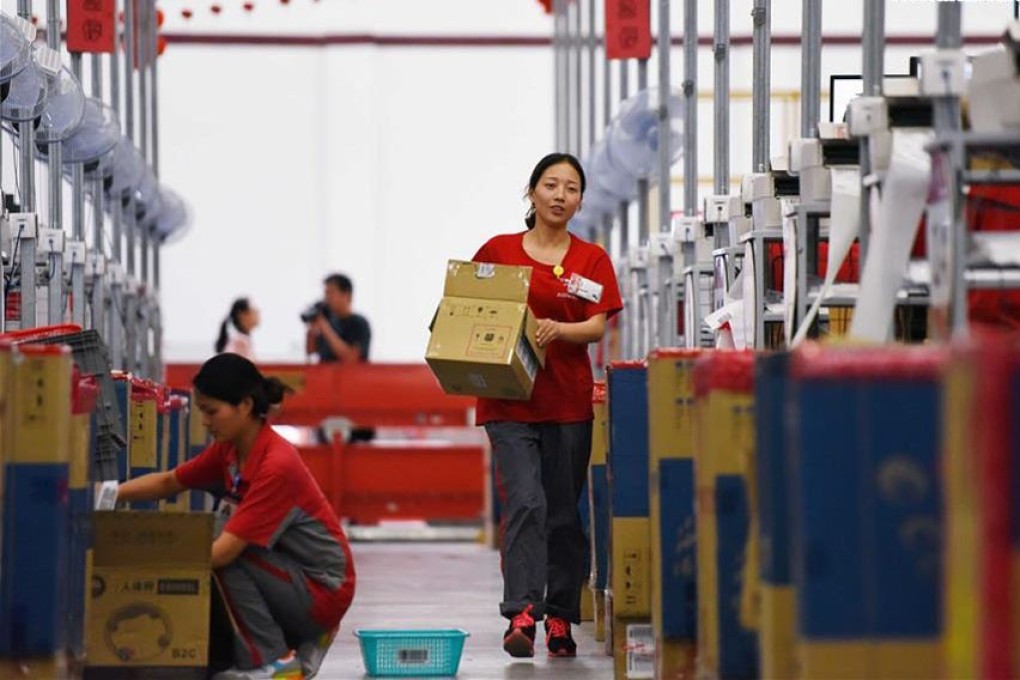Chinese consumers buy more domestic brands in midyear 618 shopping festival as trade war rages on
- The 618 festival in June and the bigger Singles’ Day shopping event in November help measure retail health in China

Consumers in China, the world’s largest e-commerce market, have shifted to buying more goods from domestic brands in the country’s annual midyear online shopping festival amid the escalating trade war with the US.
Chinese home appliance brands Supor from Hangzhou, Shenzhen-listed Midea Group and Joyoung from Jinan, in Shandong province, saw their combined sales increase fourfold during this week’s 618 shopping festival, compared with a year ago, according to popular group-buying platform Pinduoduo.
State-owned dairy products company Yili Group and Honor, a smartphone unit under Huawei Technologies, were among the home-grown brands that sold more than 100 million yuan (US$14.5 million) each on Alibaba Group Holding’s Tmall platform in the shopping event. About 60 per cent of brands that reached that sales milestone were Chinese brands, up from 55 per cent last year.
Sales of domestic smartphone brands rose 71 per cent year on year during the festival, according to online shopping mall operator Fenqile.
E-commerce firm JD.com, which initiated the 618 campaign about 15 years ago, estimated that sales of distilled Chinese liquor Mao-tai doubled from a year ago, while those of Hangzhou-based scissors maker Zhang Xiaoquan grew 160 per cent year on year.